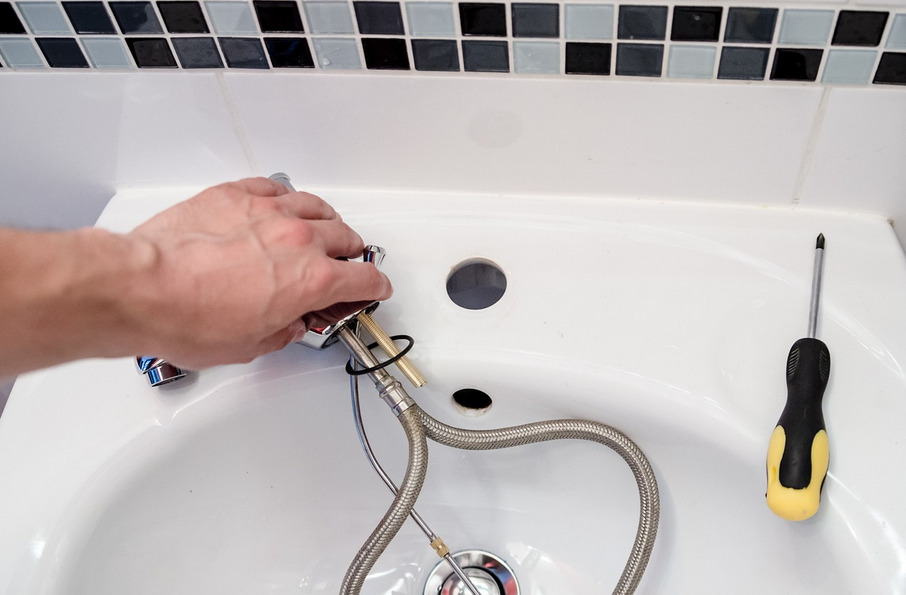Solving Low Water Pressure Issues: Causes and RemediesSolving Low Water Pressure Issues: Causes and Remedies
There’s nothing quite as frustrating as turning on a faucet or shower and encountering low water pressure. When the gentle flow disrupts your routine, it’s time to understand the root causes and explore the remedies to restore that satisfying flow. Having a sewer line inspection philadelphia before trying any solution can save you time and money. As the common reason for low water pressure is the obstruction of water flow, a comprehensive inspection can pinpoint the exact location and nature of the blockage.
Common Causes of Low Water Pressure

There are several factors that can contribute to low water pressure in your home. Here are some of the most common causes:
- Clogged or blocked pipes: Over time, mineral deposits, debris, and sediment can build up inside your pipes, causing a blockage that restricts water flow.
- Faulty fixtures: Old or poorly maintained fixtures such as faucets, showerheads, or valves can also lead to low water pressure.
- Corroded pipes: As pipes age, they can develop corrosion and rust buildup, which can significantly reduce water flow.
- Municipal water supply issues: Sometimes, the problem is outside your home but with the municipal water supply. Issues such as high demand during peak usage hours or mainline breaks can result in low water pressure.
- Water leaks: If your home has a water leak, it can divert the water supply away from your faucets and fixtures, resulting in low water pressure.
Remedies for Low Water Pressure
Once you’ve identified the cause of your low water pressure, there are several solutions you can try to restore the flow:
- Clean or replace clogged fixtures: If your low water pressure is caused by clogged or blocked fixtures, you can try cleaning them with a vinegar solution or simply replacing them.
- Clear out mineral deposits from pipes: For issues with mineral deposits and sediment buildup in pipes, flushing the lines with a commercial cleaner or using a plumber’s snake can help clear out the blockage.
- Repair or replace corroded pipes: If your low water pressure is due to corroded pipes, you may need to have them repaired or replaced by a professional plumber.
- Contact your municipality: If the issue is with the municipal water supply, contacting your local water department can help provide information on any ongoing problems and estimated resolution times.
The Importance of Regular Maintenance

Prevention is always better than a cure when it comes to low water pressure. To avoid frustration and inconvenience, it’s essential to have regular maintenance checks on your plumbing system. A professional plumber can catch any potential issues early on and prevent them from turning into significant problems that result in low water pressure.
Low water pressure can disrupt daily tasks and be a cause for concern. By investigating the possible causes and employing appropriate remedies. Whether DIY solutions for minor issues or seeking professional help for more complex problems. You can resolve low water pressure and restore the strong, consistent flow you need. With a little detective work and the right solutions, you’ll have your water pressure back to normal, ensuring a hassle-free and enjoyable water experience.

